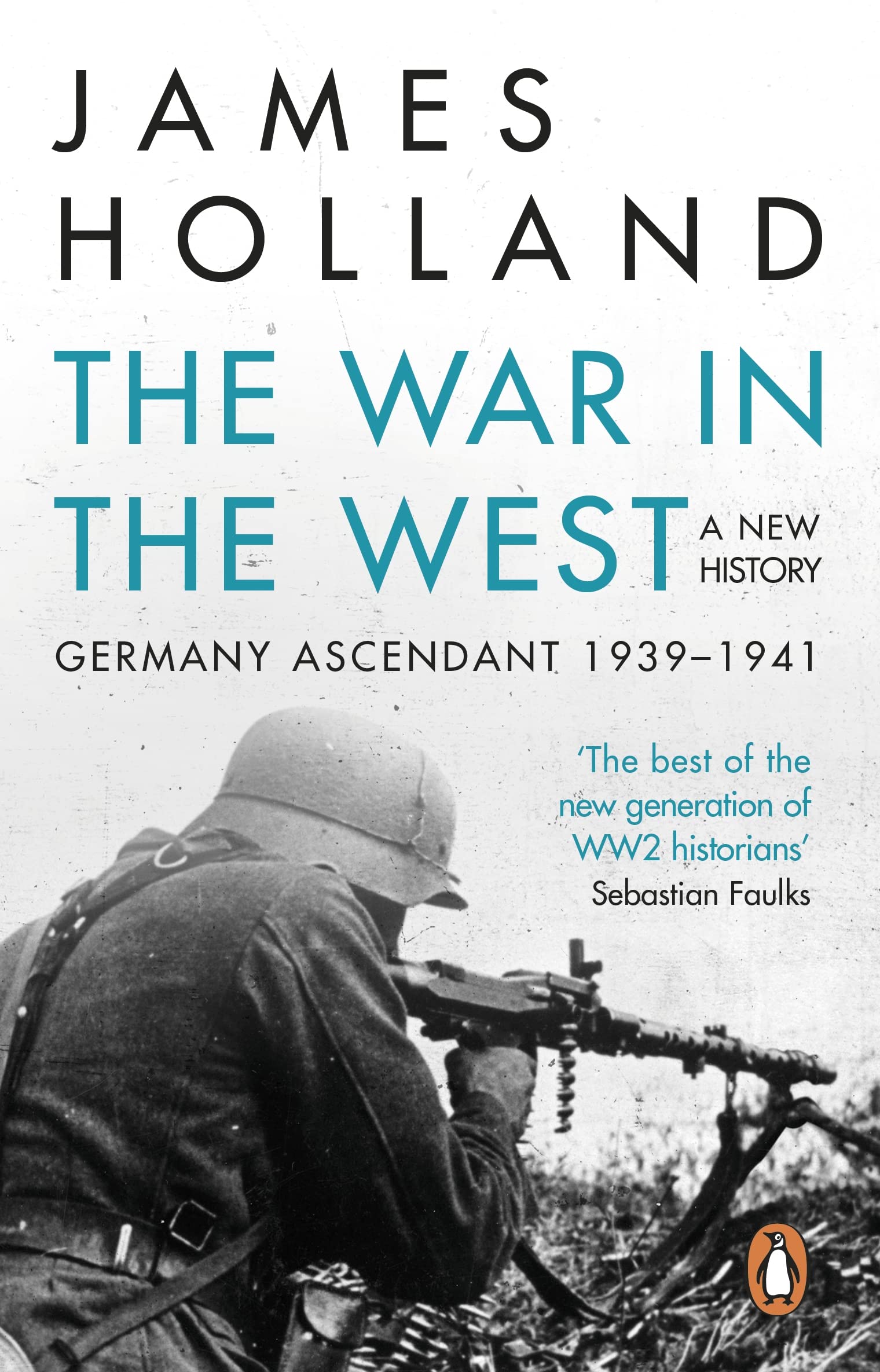Some deliveries may take a little longer than usual due to regional shipping conditions.
معلومات عنا
حقوق الطبع والنشر © 2024 Desertcart Holdings Limited


The War in the West - A New History: Volume 1: Germany Ascendant 1939-1941
ترست بايلوت
منذ أسبوعين
منذ أسبوعين
منذ أسبوعين
منذ أسبوعين